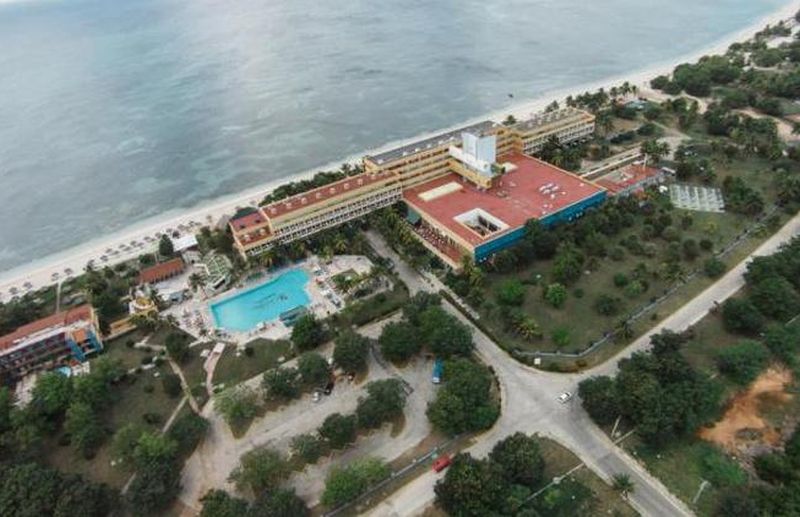When on March 11, 2020 the coronavirus reared its head in Cuba — precisely in a small group of Italian tourists who were staying in Trinidad— around 1 800 hostels and hundreds of restaurants, cafes, art galleries and private businesses were operating in this city. Some days later, they had to close due to the threat of a disease still unknown in Cuba and in the rest of the world.
A pause was started in Trinidad and practically in the entire planet that posed a challenge to the two most prosperous markets invented by humans: tourism and aeronautics. The break also turned major metropolises into sort of voluntary prisons while setting back economies, a reality that wiped out millions of jobs, blurred the physiognomy of many regions and forced entire communities to reinvent themselves on a day-to-day basis in order to survive.
Without realizing that the virus is infecting the economy as fast as it is infecting people, many Cubans have screamed blue murder after the announcement of the reopening of tourism in the country next November 15, at a time when the COVID-19 epidemic shows no signs of abating, despite being the first priority for the government.
While some competitors in the region such as Mexico and the Dominican Republic have been opening up to the market, Cuba has significantly limited tourist activities to the point that, from January 1 to August 31 of this year, only 163 743 overseas tourists arrived in Havana, Cayo Coco and Varadero destinations, meaning 824 000 less than in the same period of 2020.
Authorities have pointed out that by the long-awaited tourism resumption November 15, 90% of the Cuban population will have been vaccinated and a safer and more hygienic tourism program will be in force, which was agreed with the Ministry of Public Health and took into consideration the recommendations of the World Tourism Organization and the World Health Organization.
 Escambray ENGLISH EDITION
Escambray ENGLISH EDITION





Escambray reserves the right to publish comments.